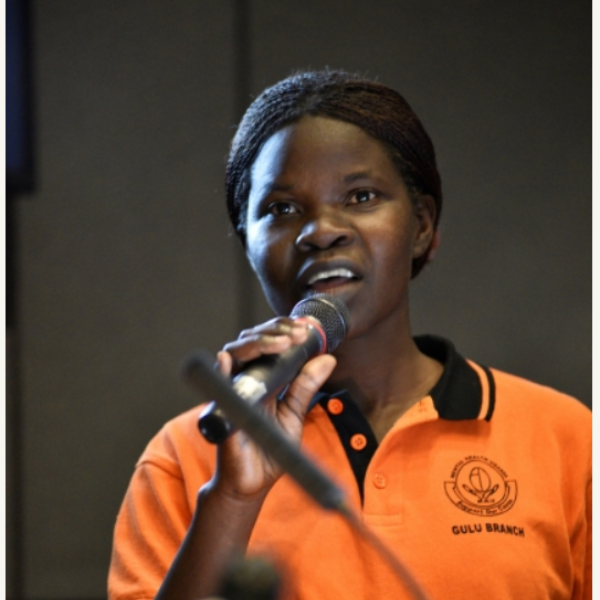
Innovators, we want you!
Let's work together to ensure that these past 25 years of innovation in global mental health lead to long-term, real-world change that transforms our communities for the better.
Published on Aug 23, 2019
Innovators, we want you!
Let's work together to ensure that these past 25 years of innovation in global mental health lead to long-term, real-world change that transforms our communities for the better.
Published on Aug 23, 2019

It has been nearly 25 years since the release of World mental health: Problems and priorities in low-income countries—a seminal report that some credit with launching the field of global mental health. Since its publication in 1995, scholars and advocates have been calling for better access to evidence-based, locally-appropriate mental health care in low- and middle-income countries, both as a public health issue and a matter of basic human rights. Innovators around the world have responded, with gusto.
In rural Pakistan, families of children with developmental disorders use mobile applications to educate and empower each other—as caregivers and activists. In Guatemala, indigenous women participate in a “living laboratory”, where they engineer their own solutions to the challenges they face in their communities. In Kenya, a passionate advocate literally scales mountains to raise awareness and funding, so that mental health care can be made available to prisoners, sex workers and other people in vulnerable situations who otherwise could not afford it.
Women in Guatemala carry out income-generating activities as part of Buena Semilla. Chole Mancini, 2018.
These are creative solutions to local challenges, some of which could be scaled up and replicated in new settings, for bigger impact. Others simply need to keep the lights on, to continue doing good work to the highest possible standard in their communities. Either way, the pathway to sustainability is not an easy one.
Innovators are constantly being challenged: to be good leaders, supervisors and managers; to deliver training that educates and inspires; to design and execute robust evaluations, then communicate the results; to advocate and fundraise; to manage relationships first in their local communities and organisations, and then on a regional, national and international stage.
Dr. Usman Hamdani pitches FaNs for Kids Pakistan to policy-makers in Washington, D.C. Jeff Martin, 2016.
Meanwhile, funders and policy-makers are not doing their part. Both international development assistance and national health budgets for mental health remain shockingly low. The limited resources available for innovation in this area tend to be focused on either seed or scale, with very little in between. Ember was created to fill this gap.
A collaboration between the SHM Foundation and Mental Health Innovation Network, Ember is working to develop a support system to help mental health innovators overcome the many challenges they face. We’ve recently received support from the disability and development organisation CBM International to announce our first general call-out.
From 20 August-17 September 2019, we will be accepting applications from community-based mental health projects and organisations working in low- and middle-income countries. Successful applicants will be enrolled in a 12-month process to help strengthen, sustain or scale-up their work, as appropriate. For more information about Ember and how to apply, check out our website.
Let's work together to ensure that these past 25 years of innovation in global mental health lead to long-term, real-world change that transforms our communities for the better.

By: Grace Ryan
Published on MHIN 20 August 2019
https://www.mhinnovation.net/

Contact Us

Have a challenge you think we could help with? A project you'd like us to collaborate on?
Just want to say hi? Reach out - we love meeting new people